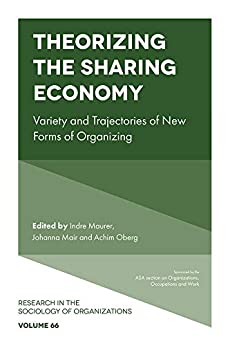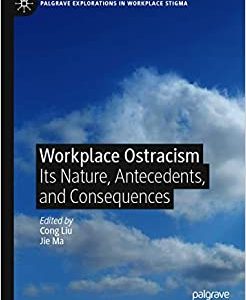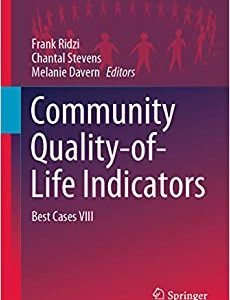The sharing economy is one of the most influential developments of the last decade. The emergence of new forms of organizing it brings with it has affected modern (business) life at multiple levels: Sharing organizations have blurred the distinction between the individual roles of provider, user, and employee; they have introduced organizational practices of coordinating members and communities; and they have sparked societal, political, and economic debates in multiple fields. These dynamics at the individual, organizational, and field level provide an opportunity for organization scholars to take stock of and theorize the sharing economy.
This volume takes advantage of this opportunity by presenting a collection of empirical and conceptual work that explores the variety and the trajectories of new forms of organizing in the sharing economy, and in doing so builds on, rejuvenates, and refines existing organization theories.
Together, the chapters included in this volume offer a comprehensive overview of theoretically grounded research that deepens our understanding of new forms of organizing and indicates future avenues for research.











